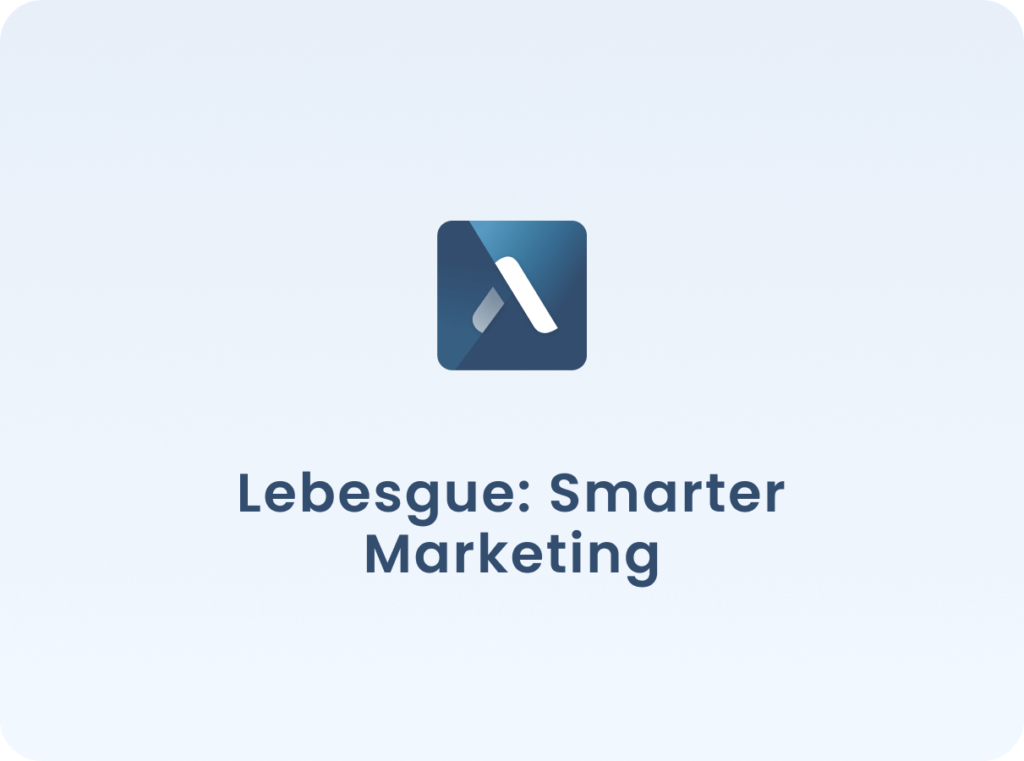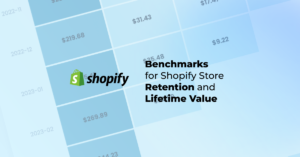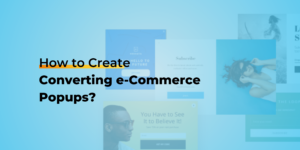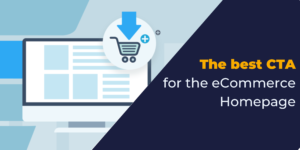When considering outsourcing your Facebook ads to an agency or freelancer, it’s crucial to ensure that their goals align with yours. Misalignment can result in inefficiencies, wasted ad spend, and campaigns that fail to meet your objectives.
This blog post covers common pitfalls and offers strategies to ensure that your advertising partnerships are not only fruitful but also fully aligned with your business goals.
Outsourced teams, such as agencies or freelancers, often operate on various compensation models, including fee-based, percentage of spend, or performance-based structures. These incentives significantly shape their campaign strategies.
While such incentives can drive agencies to achieve remarkable results, they can also lead to practices that do not necessarily align with the client’s best interests.
For instance, agencies might prioritize metrics that showcase immediate gains rather than focusing on long-term growth.
Alternatively, they may overly emphasize retargeting efforts on audiences that are likely to convert anyway.
Understanding and addressing attribution challenges
Given the recent privacy changes, advertisers are grappling with attribution issues. This means correctly identifying which marketing efforts lead to conversions.
It’s a critical concern because agencies might take credit for conversions that would have happened regardless, making paid campaigns seem more effective than they actually are.
To avoid this trap, you should take several steps:
Monitor Key Metrics: Keep an eye on metrics like first-time customers, first-time revenue, and increases in brand awareness. These should ideally correlate with any increases in ad spending. If you’re seeing growth in these areas without a corresponding increase in ad spend, it suggests that your organic efforts are driving results independently.
Demand Transparency: Ask your agency for transparent, detailed reports. Specifically, you’ll want to understand the direct impact of retargeting campaigns. This means getting granular data on how many conversions can be directly attributed to these efforts versus other marketing channels.
Verify Results Independently: Regularly audit your marketing performance. This means checking the data yourself or using a third-party auditing service to validate the results provided by your agency. This ensures that you’re getting accurate information about the effectiveness of your campaigns and helps you make informed decisions about your marketing budget and strategy.
Top RED FLAGS in agency-managed Facebook ads campaigns
In the following part of a blog post, we’ll cover the most common Facebook ad mistakes that agencies make.
These red flags can indicate potential issues with the management of Facebook ad campaigns by agencies. If your agency is making one of these mistakes you should reassess your partnership or seek clarification and improvement from your agency.
Excessive spending on retargeting
While retargeting is a valuable tool for converting interested visitors into customers, excessive spending in this area can diminish returns and reflect poor budget management. A reasonable amount allocated to retargeting should not typically exceed 20% of your total ad spend, depending on your business model and sales cycle.
Overspending on retargeting can indicate that the agency is not adequately expanding the top of the funnel with new prospects, potentially stunting long-term growth.
Solutions:
- Set clear guidelines for budget allocation between prospecting and retargeting.
- Monitor the percentage of total ad spend dedicated to retargeting regularly.
- Discuss with your agency the strategic rationale behind their budget allocation decisions.
Not excluding previous purchasers
Failing to exclude previous purchasers from retargeting campaigns, or continuously targeting them without specific cross-sell or upsell goals, can lead to wasted ad spend and can annoy customers.
This approach not only wastes budget on an audience that may not need further persuasion but also risks alienating your customer base due to repetitive, irrelevant ads.
Solutions:
- Ensure your agency implements audience segmentation strategies effectively.
- Regularly review targeting criteria to confirm that campaigns are focused on the right segments.
- Incorporate customer feedback about ad relevance and frequency as a metric of success.
Higher CAC on retargeting than prospecting
Typically, retargeting should have a lower CAC because it targets users who have already shown interest in your products or services. A higher CAC in retargeting than in prospecting campaigns can be a critical sign of poor targeting or ad inefficiency.
This suggests that retargeting efforts are not being executed properly, possibly targeting the wrong segments or failing to convert interest into sales effectively.
Solutions:
- Analyze the retargeting campaign’s conversion funnel to identify drop-off points and optimization opportunities.
- Review and possibly revise the creative and messaging strategies to ensure they resonate with the retargeted audience.
- Conduct A/B testing on different retargeting strategies to determine the most cost-effective approach.
Not following Facebook ads best practices
One common mistake is not following Facebook ads best practices. Ignoring best practices can lead to inefficient ad campaigns and wasted resources.
This oversight can result in suboptimal performance, with ads failing to reach their full potential audience or failing to generate the desired conversions.
Solutions:
- Use Lebesgue AI CMO for valuable insights and guidance in optimizing Facebook ad campaigns.
- Follow its recommendations to improve ad targeting, creative elements, and overall campaign strategy.
- Maximize effectiveness and return on investment (ROI) with Lebesgue AI CMO.
Regarding the best practices, you can get a free automated audit of your Facebook ads in Lebesgue AI CMO.
This is the way to know exactly what changes should be made and how to implement them so that your facebook campaigns can run at their fullest potential.
Strategic approaches to agency collaboration
Before starting any ads, it’s super important to decide on clear goals, called Key Performance Indicators (KPIs).
These goals show if your ads are doing well or not. Make sure these goals match what you want in the short and long term.
For example, you might want to know how much it costs to get a new customer, how much money your ads make compared to what you spend, or how much a customer is worth over their lifetime.
Make sure your team and the agency talk often and work as a team. Have regular meetings where you talk about how the ads are doing, what’s working, and what’s not. It’s also important to:
- Have regular catch-ups and share new ideas.
- Listen to feedback and change strategies when needed.
- Work together on tools and platforms to make sure everything runs smoothly.
Summing up
In summary, the key to effective Facebook ads is clear goals and teamwork. Make sure everyone knows what they’re aiming for and stays in touch.
Working together helps your ads reach their full potential and brings success to your business.
⭐⭐⭐⭐⭐
100+ five-star reviews on Shopify App Store
to get free advertising optimization tips and exclusive insights






No comment yet, add your voice below!